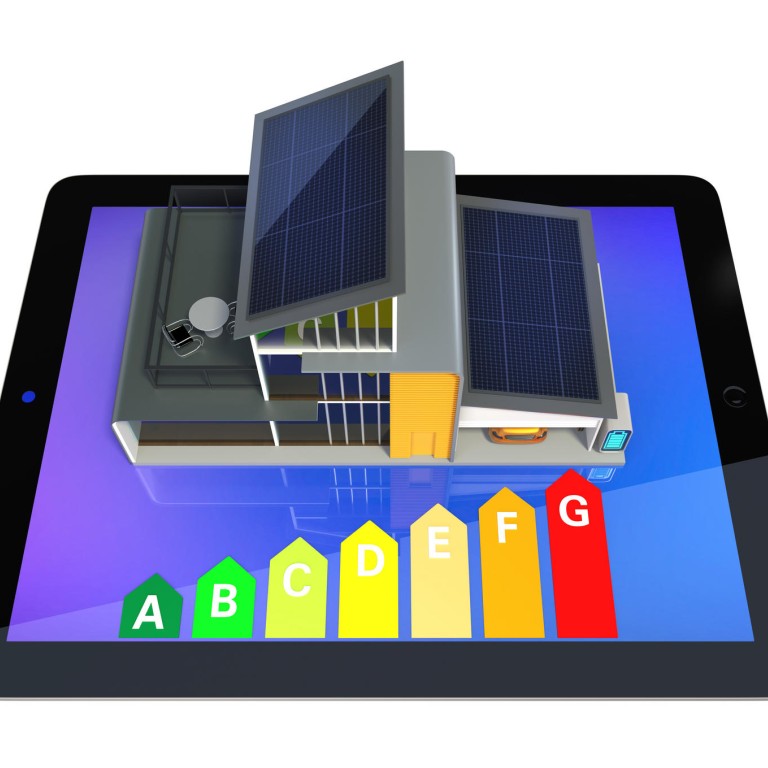
Energy firms to introduce smart meters
Governments hope to encourage reduction in electricity use
The modern world is increasingly reliant on data - internet usage is tracked and recorded, phone calls are logged and billed - but what about the raw enabling product itself: electricity?
Although most of the world's households and businesses still receive rough estimations of back-dated energy bills, there are moves afoot by governments and power companies to record exact consumption by installing smart meters at every door.
Smart meters communicate with utility companies almost constantly to build a detailed picture of each household's electricity consumption and are hoped to encourage, if not a reduction, then at least a plateauing in electricity use.
This is the "smart grid" and the big data it will create is crucial. The International Energy Agency reports that global energy consumption is increasing by two per cent a year, which effectively means a doubling in demand for electricity every 35 years. With the onset of an era of electric cars, the pressure on existing grids could be immense. But there's a less obvious demand at play, too.
"What's starting to happen all over the world - in the US, Japan, Britain and most of Europe - is that consumers are demanding basic information about consumption," says Nakul Duggal, vice-president of product management for Qualcomm CDMA Technologies, which helps utility companies link smart meters to grids using existing cellular networks.
Once smart meters are in place, smartphone apps that track exact usage will probably become available for every consumer, though the main way of interacting with the utility company will be via an in-home display mounted on a wall. Utility companies are likely to use this information to analyse energy usage to produce detailed advice for each customer on saving energy, perhaps based on comparisons with similar-sized households located in the area.
Such information could also be used to make sure customers are on the correct tariff, which often isn't the case at present, or to introduce dynamic pricing that reflects - and seeks to influence - real-time supply and demand.
The smart grid is coming to Hong Kong. CLP Power, which supplies 5.8 million people, began a trial of smart meters last November in 3,000 homes and 1,400 businesses in Kowloon and the New Territories. The pilot scheme, which comes to an end midway through next year, warns users when their usage reaches a certain level.
"Smart meters will eventually see the end of estimated billing, meaning that consumers are always paying for exactly what has been used," says Nandini Basuthakur, senior vice-president and managing director at Opower, which develops user interfaces and platforms for smart meters. "Looking forward, it is possible that smart meters will be connected to household appliances, allowing consumers to time them so they run at off-peak times, saving money and energy."
This is the so-called Internet of Everything, when inter-connected appliances can be micro-controlled. You could get a text message from your utility company letting you know that you've left the television switched on, or - better still - ask them to switch it off for you.
"The holy grail is demand response," says Duggal. "A smart meter connects to a network inside your house of various appliances that are considered high energy consumers, whether they are your washer, your dryer or your air conditioner."
"The meter is then able to send commands to these appliances, so you can allow the grid to manage how you consume energy, in return for credits."
The bottom line is that it's much cheaper to create a smart grid than build new power stations. But it's the data that smart meters will provide that could spark a change in the way we all think about this precious commodity.

